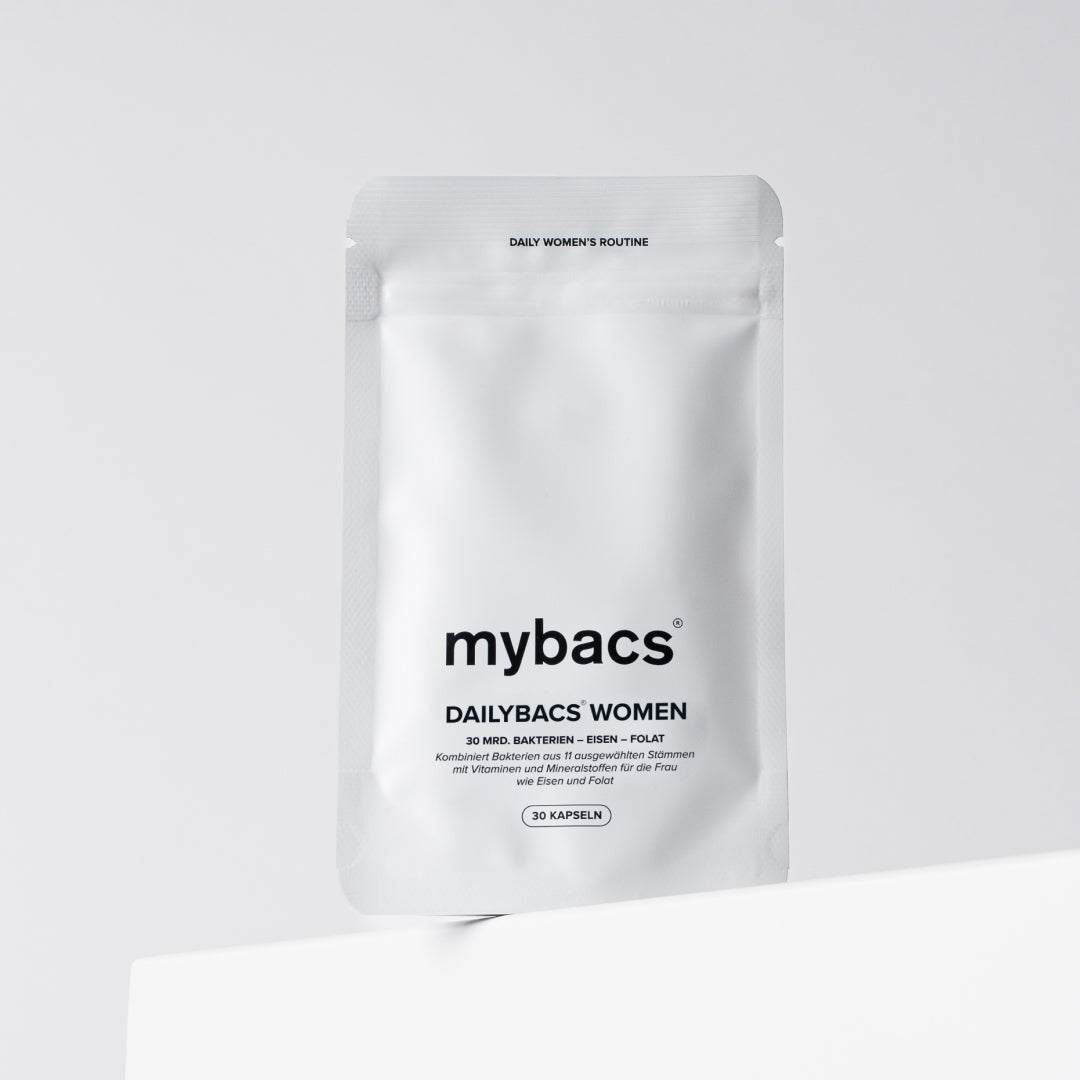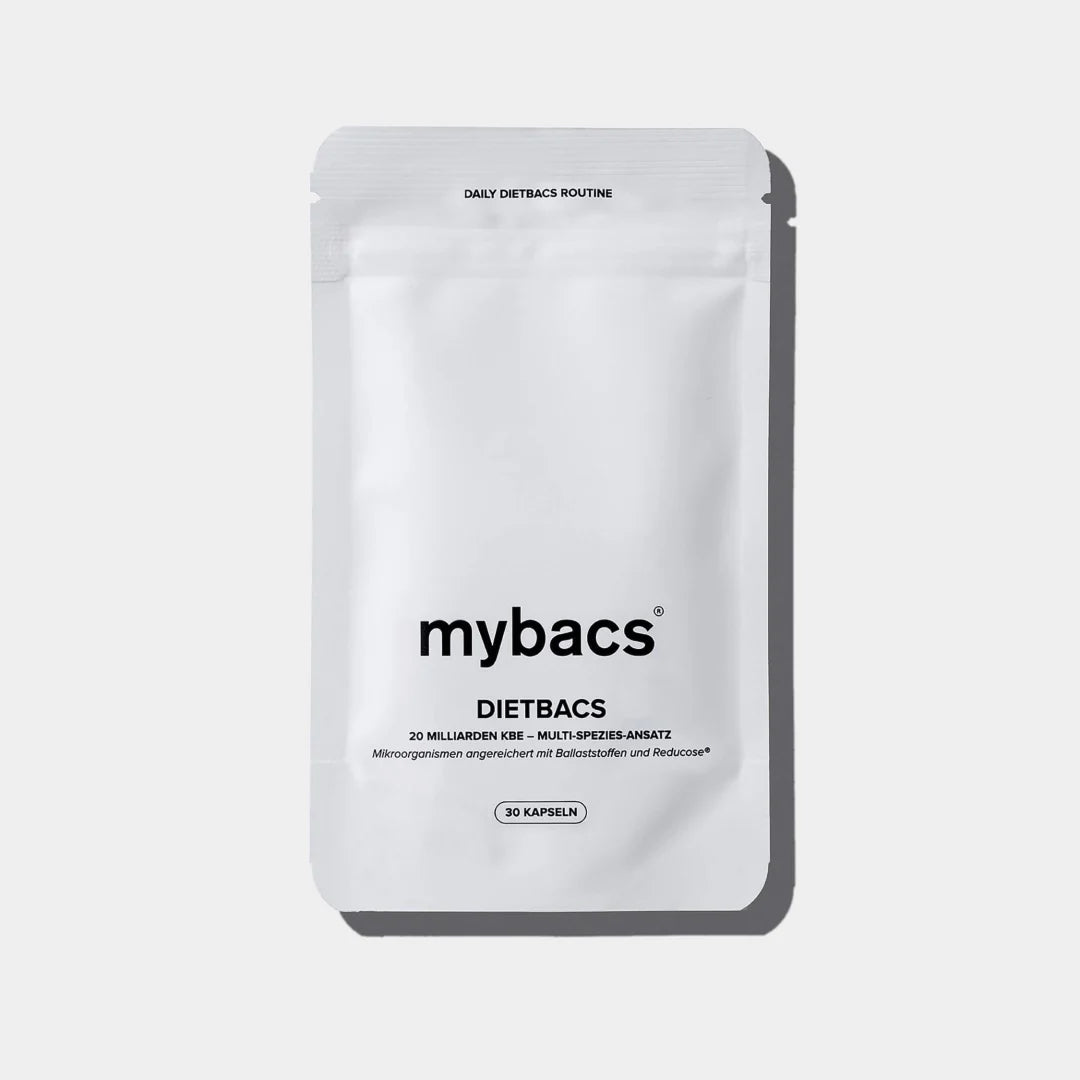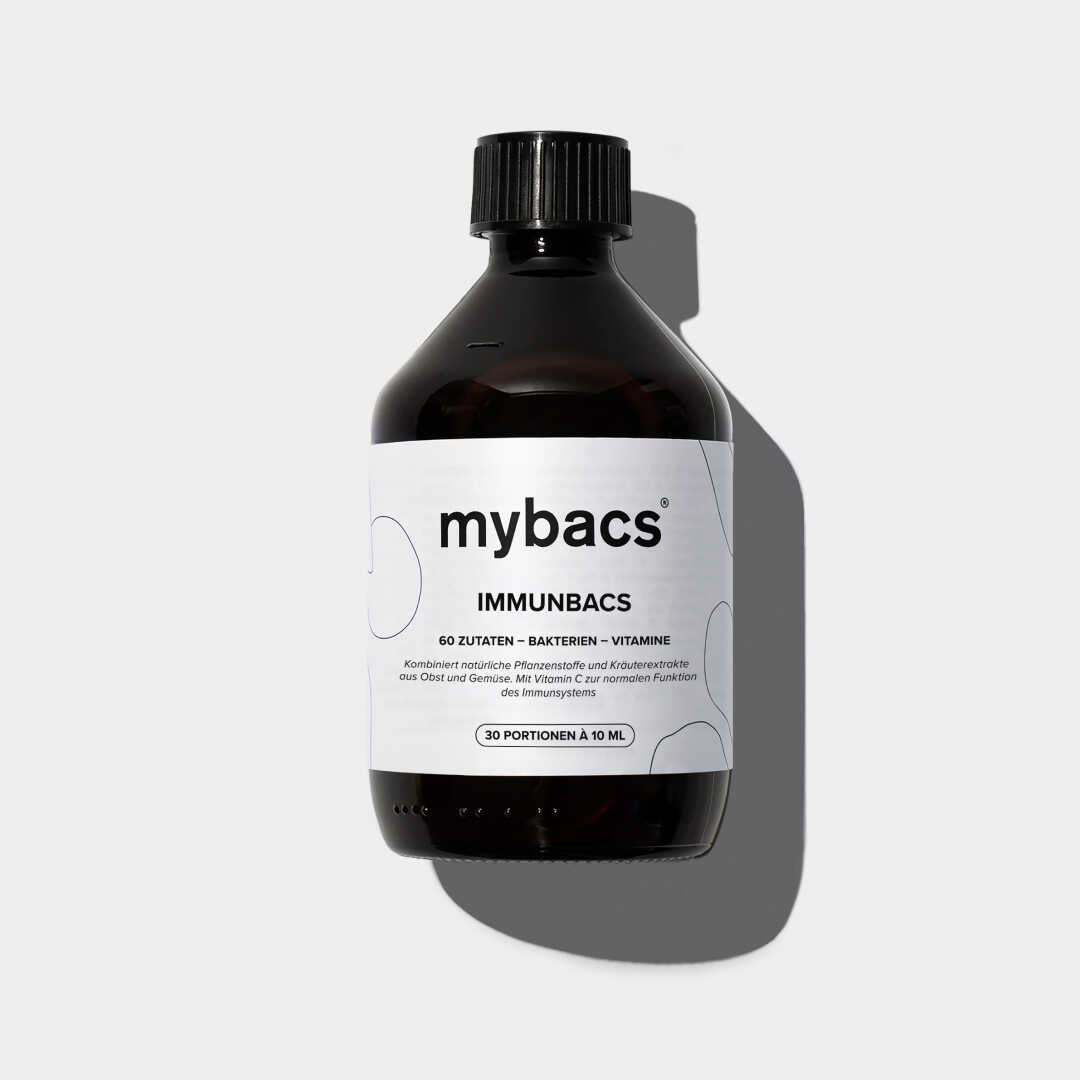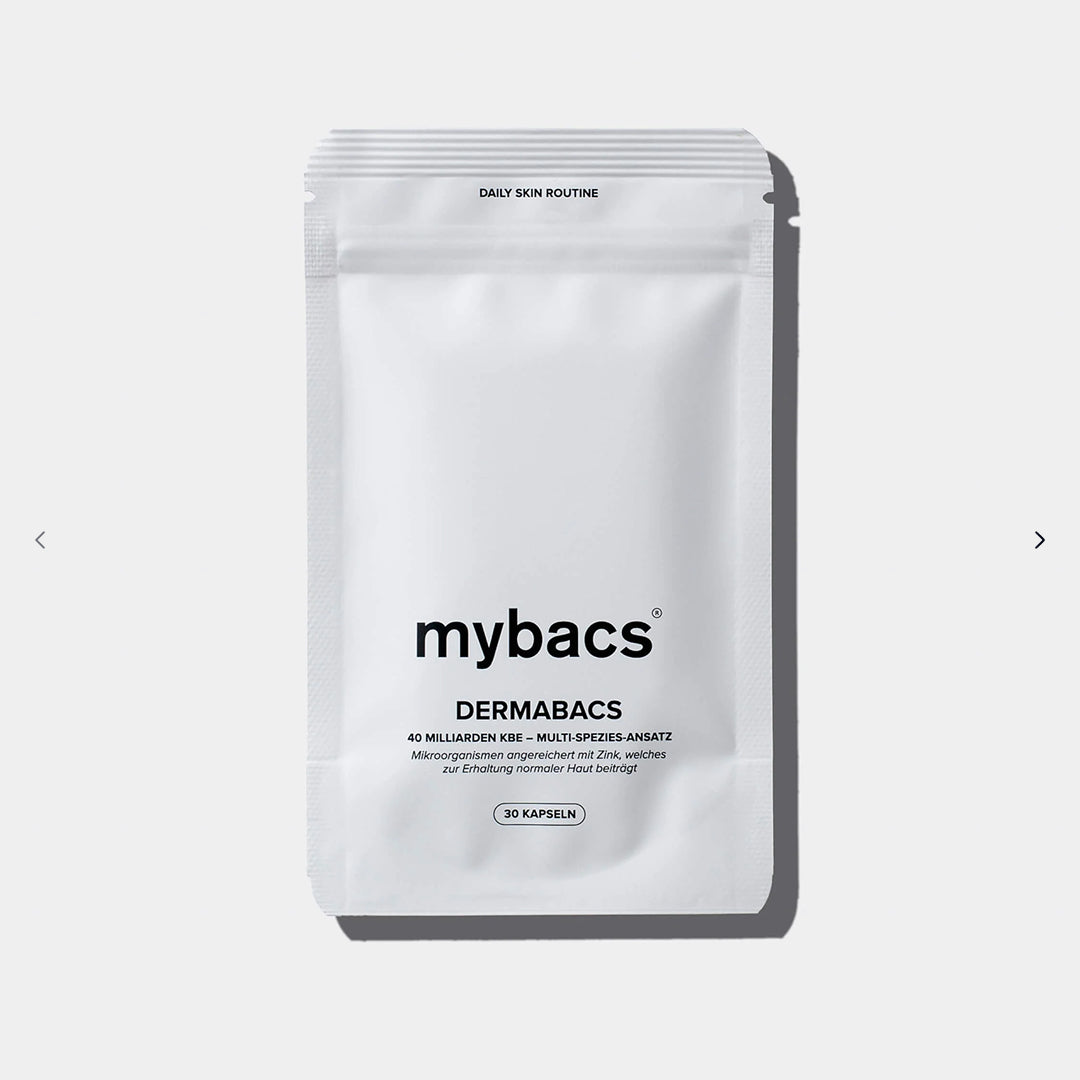Have you ever wondered why you sometimes feel different in the days before your period? Maybe a little more irritable, a little more tired, a little more bloated? Well, you're not alone—and it's no coincidence. What you're experiencing is what we know as premenstrual syndrome, or PMS for short. In this blog post, we'll take a closer look at this phenomenon together.
What is PMS?
PMS stands for premenstrual syndrome and refers to a cycle-dependent symptom complex that begins a few days before the onset of menstruation and usually ends one to three days after the onset of menstruation. It's a phenomenon experienced by many women around the world—in fact, studies show that up to 75% of all menstruating women experience PMS symptoms.
What causes PMS?
The exact cause of PMS is still not fully understood, but researchers believe it's likely related to hormonal fluctuations throughout the cycle. Increased production of the hormone progesterone and decreased estrogen are often observed. But that's not the whole picture: PMS symptoms have been observed even in women with normal hormonal balance. So, it appears that a combination of different factors leads to PMS.
How does PMS manifest itself?
The symptoms of PMS are diverse and can be both physical and psychological. The most common physical complaints include breast tenderness, headaches and backaches, digestive problems, loss of appetite or cravings, and deterioration of the skin. But your mood can also be affected by PMS. It's not uncommon to feel tired, listless, or even depressed. Some women also report anxiety or increased aggression.
What is PMDD?
A very severe form of PMS is called premenstrual dysphoric disorder (PMDD). Women with PMDD experience extreme physical and emotional symptoms, which are often treated with antidepressants.
How can I deal with PMS?
The good news is that there are some strategies that can help manage PMS symptoms. One method is keeping a symptom diary. By recording when and how severe your symptoms occur, you can identify patterns and better predict when they're likely to occur.
Another method is to avoid so-called "trigger factors" such as alcohol and caffeine, especially in the second half of your cycle (the so-called luteal phase). Gentle exercise or sport can also help relieve symptoms.
To give you another option to live better with PMS symptoms, we have developed our AddOn MS Relief Developed. Because at mybacs, we see what a burden PMS can be for women.
Thanks to many high-quality natural ingredients, you have a competent helper at your side, supporting you throughout the month with valuable plant extracts, minerals, and vitamins. For example, the included vitamin B6, which contributes to the regulation of hormonal activity.
Remember, it's important to listen to your body and take care of yourself. If you feel like your PMS symptoms are significantly impacting your daily life, don't hesitate to consult a doctor.
Finally, we want to tell you: You are not alone. Millions of women around the world go through the same thing every month. And while PMS can be annoying at times, it's also a sign that your body is functioning exactly as it should. Stay strong, take care of yourself, and know that you can always find support.






